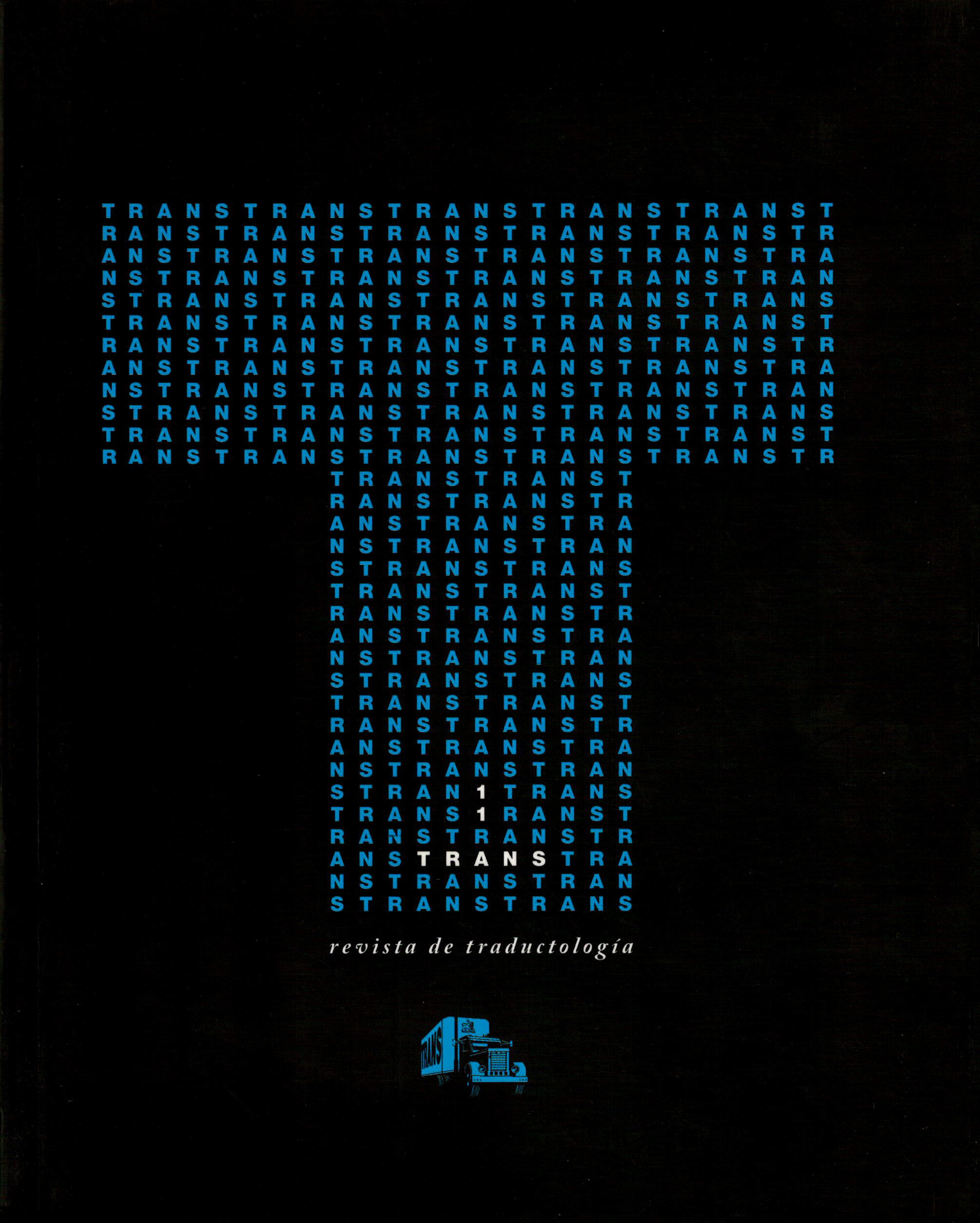Sobre la traducción y edición de literatura griega moderna y contemporánea en España (1993-2005) 1
DOI:
https://doi.org/10.24310/TRANS.2007.v0i11.3107Keywords:
literatura griega moderna y contemporánea, edición en España, primeras ediciones, reediciones y reimpresiones, géneros literarios, retraducción.Abstract
Para estudiar la evolución de la recepción española de la literatura griega moderna y contemporánea durante la segunda mitad del siglo xx, y atender mejor a la configuración actual de la cuestión, conviene no considerar estas cinco décadas como un periodo homogéneo. Para los objetivos de nuestro estudio podemos distinguir tres etapas. La primera desde las primeras ediciones españolas de la obra de Casantsakis (1959) y de la poesía C. P. Cavafis (1962) y hasta la muerte del dictador y el comienzo de la transición española (1975). La segunda desde 1976 (primera edición de los 154 poemas canónicos de Cavafis meses después de la muerte de Franco) hasta 1992, un año emblemático de la historia española reciente. La tercera desde 1993 hasta 2005, año en que Grecia es el país invitado de honor en la edición madrileña de Liber, la Feria Internacional del Libro
In order to study the development of the Spanish reception of Modern and Contemporary Greek literature in the second half of the twentieth century and approach more fully the present-day state of the question, it is necessary to avoid a consideration of these five decades as if they constituted a homogeneous period. For the objectives of our study it is posible to distinguish three phases. The first covers the period from the first Spanish editions of the work of Casantsakis (1959) and the poetry of C.P. Cavafis (1962) to the death of the dictator and the beginning of the Spanish transition to democracy (1975). The second one covers the years from 1976 (first publication of Cavafy’s 154 canon poems a few months after Franco´s death) to 1992, an emblematic year in the recent history of Spain. The third phase goes from 1993 to 2005, year in which Liber, the International Book Fair in Madrid, was dedicated to Greece
Downloads
Metrics
Publication Facts
Reviewer profiles N/A
Author statements
Indexed in
-
—
- Academic society
- N/A
- Publisher
- Universidad de Málaga
Downloads
Published
How to Cite
Issue
Section
License
All contents published in TRANS. Revista de Traductología are protected under the Creative Commons Attribution-NonCommercial-ShareAlike 4.0 International (CC BY-NC-SA 4.0) license. All about this license is available in the following link: <http://creativecommons.org/licenses/by-nc-sa/4.0>
Users can copy, use, redistribute, share and exhibit publicly as long as:
- The original source and authorship of the material are cited (Journal, Publisher and URL of the work).
- It is not used for comercial purposes.
- The existence of the license and its especifications are mentioned.
- ShareAlike — If you remix, transform, or build upon the material, you must distribute your contributions under the same license as the original.
There are two sets of authors’ rights: moral and property rights. Moral rights are perpetual prerogatives, unrenounceable, not-transferable, unalienable, imprescriptible and inembargable. According to authors’ rights legislation, TRANS. Revista de Traductología recognizes and respects authors moral rights, as well as the ownership of property rights, which will be transferred to University of Malaga in open access.
The property rights are referred to the benefits that are gained by the use or the dissemination of works. TRANS. Revista de Traductología is published in an open access form and it is exclusively licenced by any means for doing or authorising distribution, dissemination, reproduction, , adaptation, translation or arrangement of works.
Authors are responsable for obtaining the necessary permission to use copyrighted images.













21.png)
